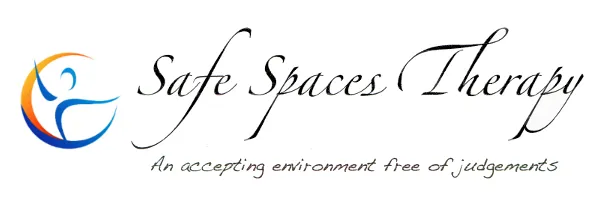
Stress Versus Anxiety: Do you know the difference?
Many people confuse stress and anxiety. Although there can be a connection, it is important to understand them individually because the strategies to manage can be quite different.
Stress is the experience of having to manage something overwhelming in your life. That could be a difficult job, a sick relative, school exams and the like. Once the stressful conditions have changed or have been dealt with, relief is soon felt.
Anxiety, however, is about fear – a sense of impending danger which may or may not be tied to an actual event or circumstance. Very often the fear is greater that the situation calls for and with some, the sense of fear is free floating, meaning it is generalized and not really connected to a specific anticipated event.
While talking about one’s issues is one strategy for managing both, with stress getting help to manage the actual source of stress, can be invaluable. That may mean help with a project; a consultation on services for the loved one, studying in preparation for a test. Either way though, once the event has passed, with it, goes the stress.
Anxiety is different. Anxiety tends to linger and can last years without any actual stressful event on the horizon. Anxiety can be produced by intermittent stressors in that it creates the sense that something new and bad will come along again. In that sense, anxiety is almost a betrayal of our emotions in that fear or danger can be felt without a tangible trigger or anticipated event.
Both conditions can be treated with medication, counseling and therapy. Medication for stress tends to be short acting relaxants used intermittently as needed, whereas for anxiety the medication tends to be slower to reach effectiveness and must be continued for months to years.
In today’s limited time, it is very tempting to reach to the internet for self-diagnosis. There are many dangers attached to this behavior including but not limited to; missing symptoms that disguises as something else, thinking there’s more to a condition than there really is or worse, denial that it exists, in turn avoiding it or minimizing the relevance of it.
Counseling for stress tends to focus on learning to relax and developing strategies to address the source of the stress. Counseling for anxiety is usually of the cognitive-behavioral type (CBT) and focusses on changing both the negative self-talk associated with anxiety as well as often avoidant behaviors.
Talking with a counselor or psychotherapist can help you determine if you are dealing with stress, anxiety or a combination of each and can help determine your appropriate treatment options.
Julie Sharp

